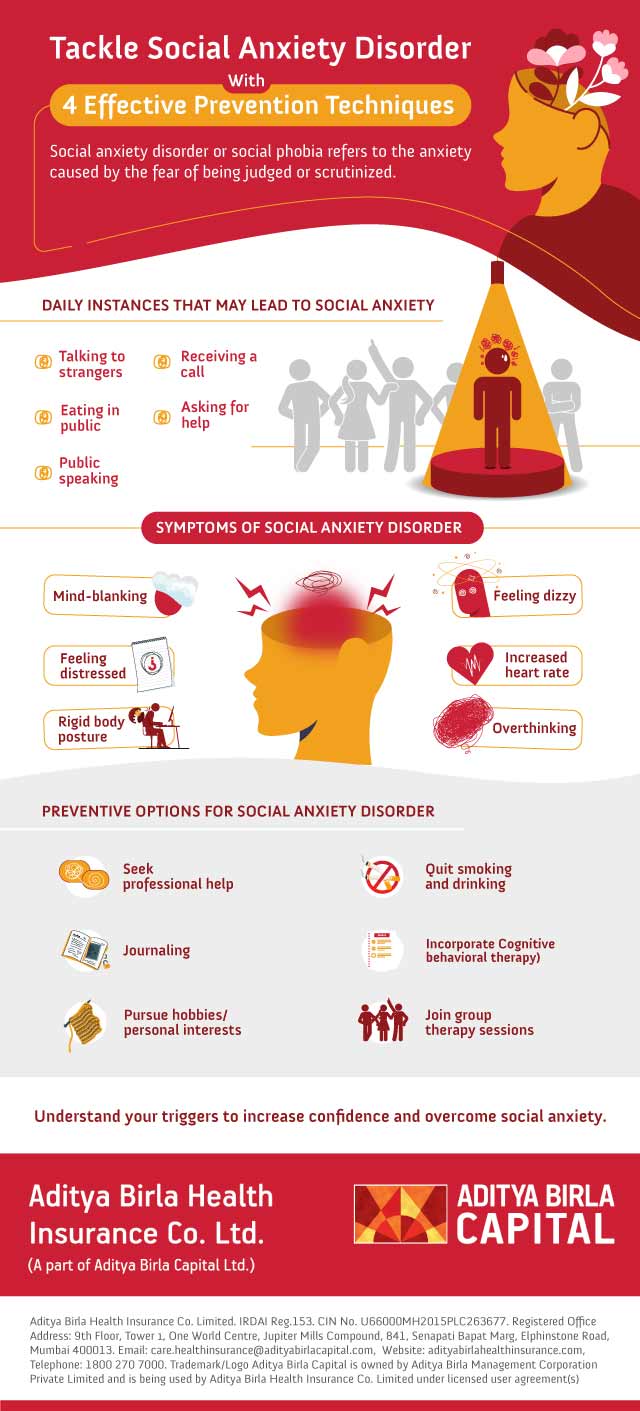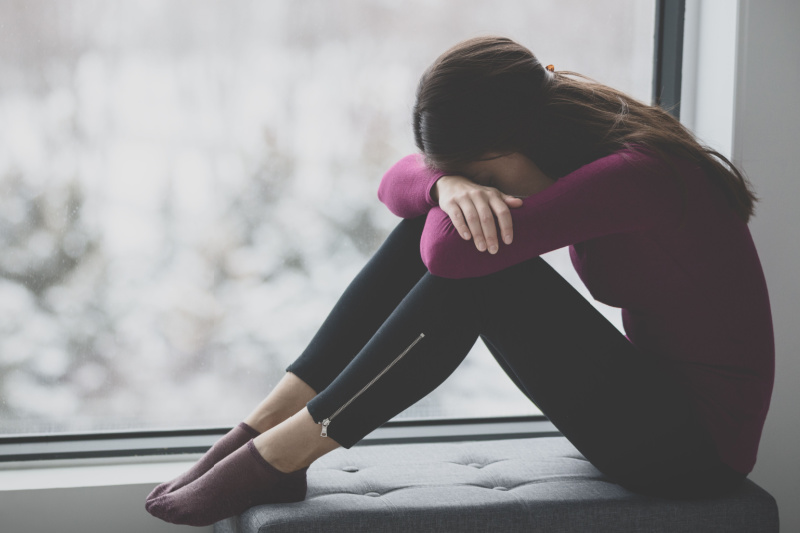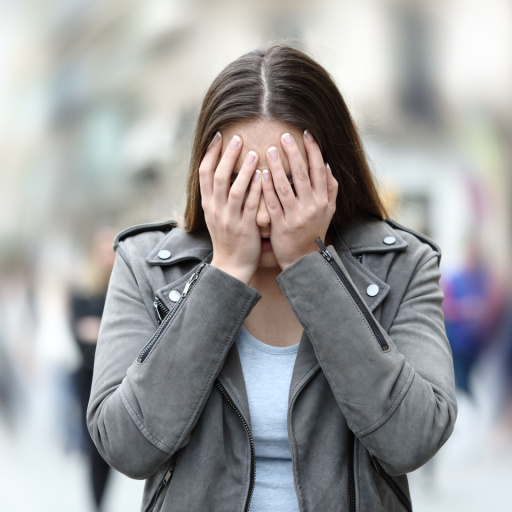
Do you often dread social interactions for fear of being judged? Does the mere thought of engaging in daily conversations or meeting new individuals send you into a spiral of thoughts? If these sentiments persist for more than a few months and disrupt your routine activities — like engaging with colleagues or classmates — it’s possible that you are experiencing social anxiety disorder.
What you need to know:
- Understanding Social Anxiety Disorder
- What are the symptoms of social anxiety disorder?
- What causes social anxiety disorder?
- Preventive options for social anxiety disorder
Understanding Social Anxiety Disorder

Social anxiety disorder, or social phobia, is a psychological condition characterized by an overwhelming fear of negative evaluation or scrutiny by others. It’s a prevalent form of anxiety disorder.
Individuals with social anxiety disorder often struggle in various social situations, including
- Engaging with unfamiliar individuals.
- Delivering presentations or speaking publicly.
- Initiating or receiving telephone calls.
- Utilizing common facilities like restrooms.
- Seeking assistance in public venues such as restaurants or shops.
- Responding to inquiries in group settings.
- Eating in the presence of others.
- At the heart of most social anxiety disorders lies the fear of being criticized, isolated, or publicly embarrassed.
What are the symptoms of social anxiety disorder?
Individuals struggling with social anxiety disorder can experience:
- Facial redness
- Excessive perspiration
- Uncontrolled quivering or jitteriness
- A rigid body posture
- Struggling to converse
- Confusion
- Feeling unsteady or dizzy
- An accelerated heartbeat
Other mental and emotional indicators include:
- Overwhelming distress before and during social engagement
- Overthinking and fearing unintentional embarrassment
- Feeling compelled or easily giving in to peer pressure
- Avoiding professional or academic commitments due to overwhelming unease
- Dodging social scenarios or trying to remain inconspicuous when presence is necessary
While anxiety is often natural, people with social anxiety disorder constantly think about being judged.
What causes social anxiety disorder?
Here are some causes of social anxiety disorder:
- Family history: A family history of social anxiety disorder can make you prone to social anxiety disorder.
- Abusive experiences: Children subjected to mistreatment like teasing, bullying, or public embarrassment are more likely to develop a social anxiety disorder. Also, challenging life events, including familial disputes, traumatic incidents, or maltreatment, can cause this condition.
- Quiet personality: Children with a naturally reserved or shy demeanor, especially in unfamiliar settings with unknown individuals, could be at an elevated risk for social anxiety disorder.
Preventive options for social anxiety disorder

Here are some of the preventive measures that you can take to keep social anxiety disorder at bay:
- Seek assistance. Addressing mental health concerns like anxiety early on can make treatment more effective.
- Maintain a diary. Documenting daily experiences can assist both you and your healthcare professional pinpoint stress triggers and coping mechanisms.
- Prioritize your activities. Manage your time and commitments properly, as it can alleviate anxiety. Ensure you allocate time for activities that bring you joy.
- Limit harmful habits. Consuming alcohol, narcotics, caffeine, or nicotine might amplify or induce anxiety. If you are struggling with dependency on these, discontinuation might heighten anxiety temporarily. In such cases, consult a healthcare professional or explore alternative support systems. Consider creating a controlled drinking approach, which involves raising awareness while drinking, how much you drink, and how it makes you feel.
- Explore triggering situations. Understanding Trigger points can help you understand what aggravates your anxiety and, accordingly, take small steps once you understand your trigger points. Make small changes to help you desensitize yourself and handle anxiety better.
Take small steps to overcome the same.
Therapy for social anxiety disorder
Society anxiety disorder can be treated using CBT and medications like beta blockers.
What is CBT?
CBT (Cognitive behavioral therapy) is a psychological treatment used to shift your thinking and behavioral patterns that are harmful or self-destructive. It takes place for multiple sessions through general talking and asking questions to gain a different perspective, resulting in better-coping mechanisms against stress, anxiety and unpredictable situations.
Social anxiety disorder is a severe condition characterized by a deep fear of social interactions and perceived judgment. While its roots and effects vary, its impact on daily functioning is undeniable. With the right interventions and increased societal understanding, you can manage this disorder.
Stay tuned to the Activ Living Community. Keep up to date with the latest health tips and trends through expert videos, podcasts, articles, and much more in nutrition, fitness, mindfulness, and lifestyle conditions like Asthma, Blood Pressure, Cholesterol, and Diabetes.
You may also be interested in the following blogs:
- What Causes Anxiety Attacks And How Can You Deal With Anxiety?
- Wondering How To Tackle Vaccination Anxiety? Know from Dr. Siddharth Warrier
Popular Searches
How to lower blood pressure | Fruits good for liver | Unhealthy foods | Ragi Benefits | Basal Metabolic Rate | Acupressure points for High Blood Pressure | Ayurvedic medicine for blood pressure | How to control cholesterol at home | Homeopathy for Asthma | Biological Age | Home remedies for TB | Natural beta blockers | Negative effects of internet | Types of walking | Blood pressure calculator | Blood sugar calculator | BMI Calculator





 1800-270-7000
1800-270-7000







